
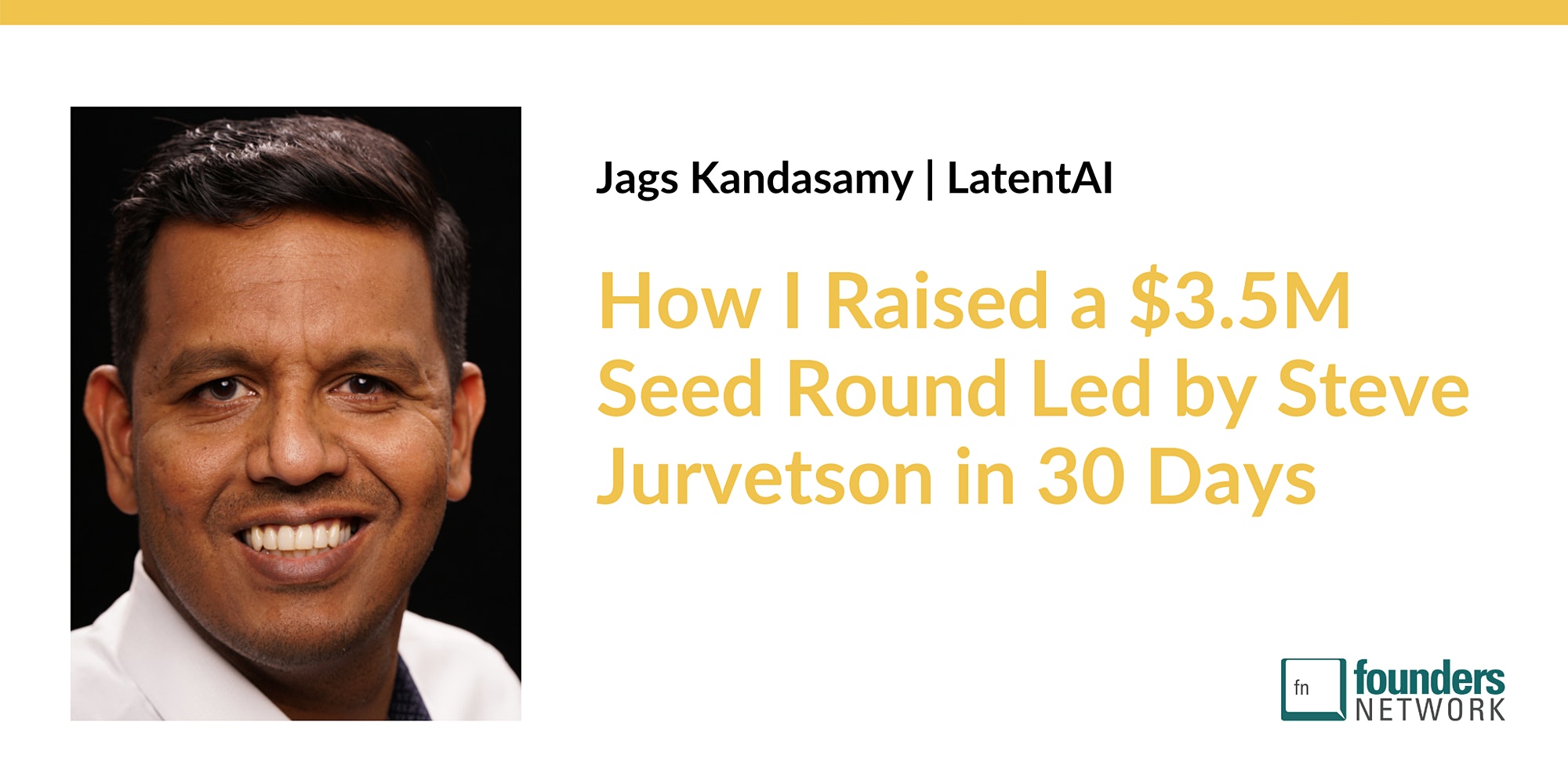

- This event has passed.
January 7, 2021 @ 9:30 am - 10:30 am PST
FreeHow I Raised a $3.5M Seed Round Led by Steve Jurvetson in 30 Days
Compli
Complimentary Ticket:
Are you a full-time tech founder? Be our guest! During COVID, we’re making our events available to tech founders everywhere. Enjoy a complimentary ticket to come learn from fellow tech founders, partners and investors. Already used your complimentary guest pass? Request an invite to see if you qualify for membership.
Topic:
With a methodical approach to networking, LatentAI CEO and co-founder Jags Kandasamy closed a seed round with top Silicon Valley investors in 30 days. Kandasamy shares his networking methodology and tips on priming investors for your round before you’ve even built a product.
Register at Founders Network for Jags’ session on:
- Building Bridges before You Need Them
- Fundraising process that led to Tier 1 VC investment
- Scientific Approach to CEO Time Management
- Efficient Networking in a Pandemic
- 5 Elements of Startup Leadership
Presenter:
Jags Kandasamy is the Co-Founder and CEO of LatentAI Inc. Jags is a serial entrepreneur starting his first business at the age of 21 enabling digital marketing in the early days of the internet. He is a quick study and his experience spans various industries such as financial services, healthcare, IT infrastructure, cybersecurity, industrial manufacturing, and internet of things.
Most recently he served as the Chief Product Officer for OtoSense. OtoSense was the first AI focused on making sense of any sound. This “machine hearing” platform perfectly adapted to complex environments and complex machine monitoring. Jags defined the product and focused on the Industrial IoT and Automotive space gaining significant traction. He grew the pipeline from zero to $4.1MM in 6 months. OtoSense was acquired by Analog Devices Inc and he decided to take a break before launching LatentAI from SRI International.
During his pre-Hewlett Packard days, Jags consulted with American Express, TSYS Healthcare, ADP, The Home Depot and First Data. The consulting engagements included launching new products and services along with refining operational efficiency of existing offerings. Jags also stumbled into the food services business operating a South Indian restaurant.
Jags holds a bachelor’s degree in computer science and engineering from Bharathiyar University, Coimbatore, India. He also holds a diploma in network-oriented computing from National Institute of Information Technology. Jags is based in Cupertino, California and is a big fan of English Premier League rooting for Liverpool FC.
About Founders Network:
Founded in 2011, Founders Network offers lifelong peer mentorship to over 600 tech startup founders globally. Our platform, programs and high-touch service facilitate authentic experience sharing, warm introductions and long-term professional relationships. Additional benefits include over $500k in startup discounts and promotion to 2,000 newsletter readers. Members are located in San Francisco, New York City, Los Angeles, Vancouver, Toronto, London and other tech hubs. Each month our Membership Committee admits a new cohort of full-time tech founders who are nominated by an existing member. Learn more at https://foundersnetwork.com
Confidentiality Policy
All information shared within Founders Network is strictly confidential. We are built on a foundation of trust, and the community takes confidentiality seriously. Investors, members, and staff all share experiences and opinions off the record. In this roundtable forum, we continue to model our fnValues of Reciprocity, Humility, Authenticity and Inclusivity.
Testimonials
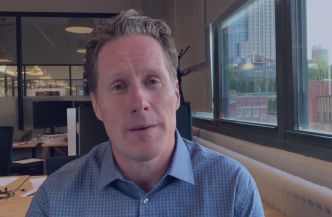
"If you don't have a cohort group in something like Founders Network that you can develop long-term relationships with and discuss the same topics that come up with people that you already know, you're probably missing out on something very important."David Plonsky
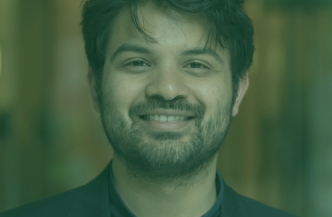
"The number one advantage is the law of compound interest. The longer you stay in a very high-quality network the strong and more authentic relationships you build."Chaitanya Vaidya

"We know each other's business and we know each other's struggles. Having a personal relationship with other founders that is completely confidential and completely authentic gives you a lot of great advice."Doug Lessing
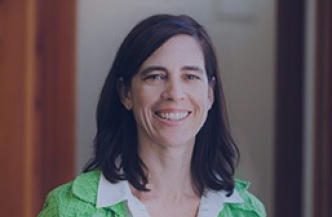
"FN manages my network for me by connecting me with other founders in my specific industry sector. I've been able to explore business development opportunities, partnerships, etc."Becky Splitt
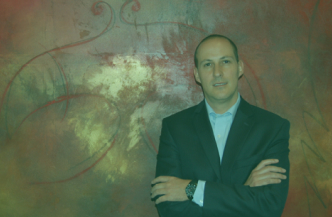
"We just saw the first Mexican unicorn come to life this same week which is a fantastic idea. Being part of the Founders Network makes a lot of sense. We see that the Mexico City chapter is growing substantially."Max Linares
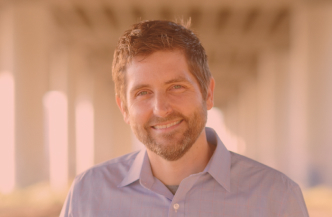
"There's a lot of great stuff going on even now in San Francisco. I've found Founders Network has been a great resource for me and for all of the founders I know during these tough times."Jarie Bolander

"It allowed me to meet people who had done this before that had the experience. I was able to explain an issue very briefly and they were able to give me a very detailed response on how they addressed it."Terence Finn
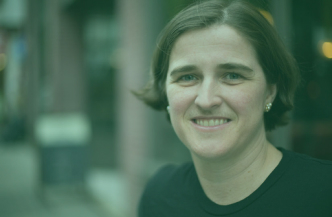
"I've used the platform to discover advice, connections, resources, discounts, on important services, connections to investors, and practice on how to pitch. The kind of conversations you can't get anywhere else on youtube or google searches."Alexandra Greenhill
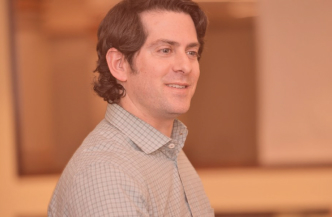
"I see Founders Network as one of those necessary resources in the Chicagoland area."Jason Jacobsohn
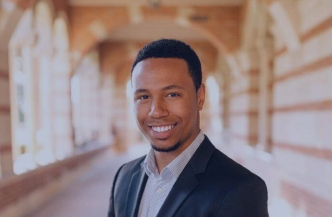
"The Black Founders initiative allows me to shape this program where we can inspire, engage, and support Black Founders."Khiry Kemp

